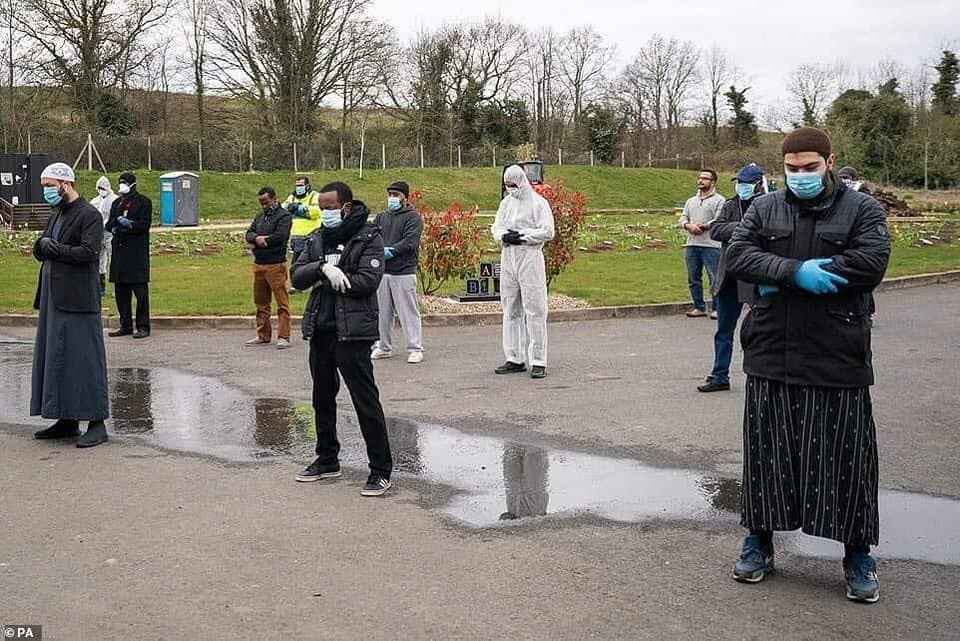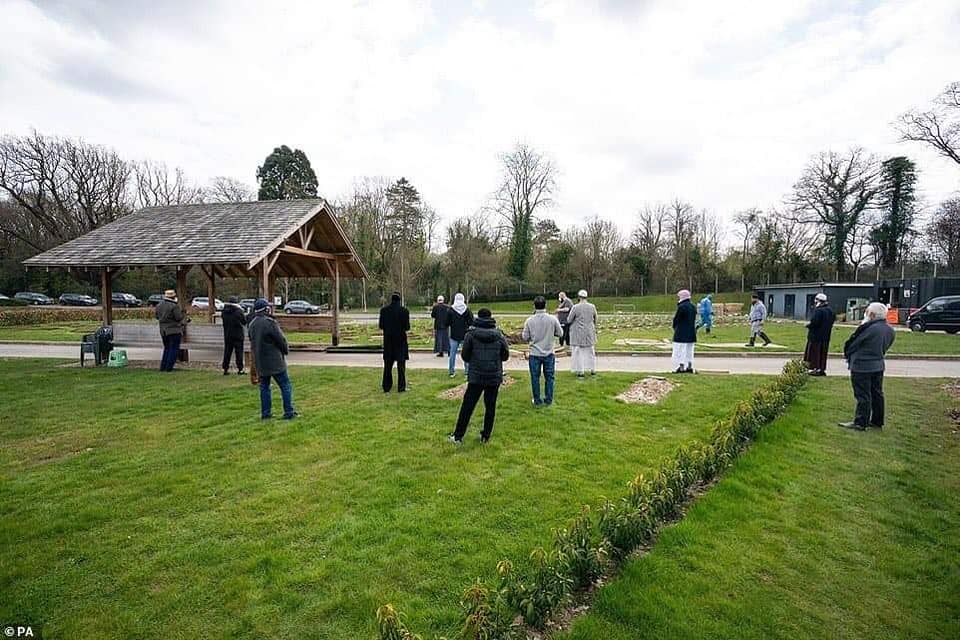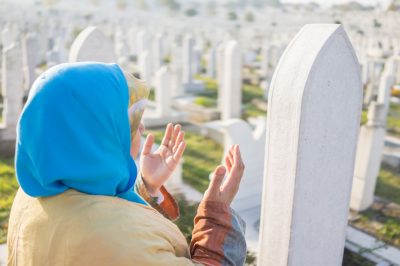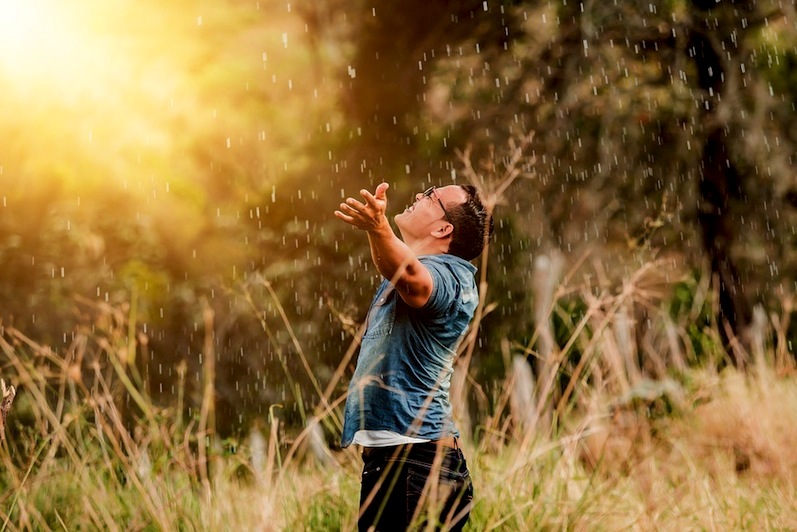Islam grants certain rights to humans before they are even born and after their death. Whether dead or alive, the human body, created by God in the perfect shape, must be given dignity and respect.
When a Muslim dies, their body is washed collectively, white linen or cloth is shrouded over the body, the funeral prayer is conducted, and the body is placed into the ground.
According to Islamic Shari`ah law, the body should be buried as soon as possible from the time of death, which means that funeral planning and preparations begin immediately.
During these current times of a global pandemic and a rising death toll, there is a lot of uncertainty about how to handle a dead body that dies as a result of the COVID-19 virus.
For all deaths, the pandemic has forced funeral directors to change their practices.
Funeral directors report having to handle the bodies of COVID-19 victims by wearing additional personal protective equipment — masks, goggles or face shields, and gowns.
They have to double-shroud the body, masking the deceased to prevent droplets from being expelled during movement and are forced to place identification labels on the outside of the shroud so we don’t have to access the body.

Different Measures
In many cases, water is no longer used to wash the people who died from the coronavirus. Instead, many Muslim funeral directors go to the next step, referred to as tayammum.
There is careful consideration to the safety of those that care for the body to further prevent the spread of coronavirus.
“I’ve been asked to assist with three burials since the pandemic began. None of the three deaths were reported as COVID-19 related but the burial services were still drastically different from what I’m used to,” Kassim Zaid shared with Aboutislam.net.
“The funeral home took care of everything and there were only a few of us allowed to make the prayer at the graveyard. The families were heartbroken.”

Minimized Funeral Prayer
After the body is prepared for burial, there remains the issue of the actual Janazah (funeral).
It is authenticated in the Hadith of ibn Abbas, may Allah be pleased with him and his father, that the Prophet, prayers, and peace of Allah be upon him, has said, “If any Muslim dies and forty men who associate nothing with Allah stand over his prayer (they offer funeral prayer over him), Allah will accept them as intercessors for him,” [Reported by Muslim 948].
Therefore, the scholars preferred to seek the mosque where a big congregation prays to perform funeral prayers over the dead. The bigger the number is, the closer the dead is to goodness and the more invocations he gets.
Yet, Mufti Muhammad Ibn Adam Al-Kawthari, Director and researcher at the Institute of Islamic Jurisprudence (Darul Iftaa, www.daruliftaa.com), said that large gathering at funeral prayer is only among the ‘signs’ [and not a categorical proof] of a believer’s righteousness, goodness. and acceptance with Allah.
Due to social distancing regulations, mosques closed doors and large groups do not congregate for any reason.
According to Majlis Ash-Shura: Islamic Leadership Council of New York, all families should perform Janazah services in coordination with their funeral homes.
In many communities, they lower the body into the grave and conduct the prayer at the gravesite with minimal people.
As our community strives to make sense of the chaos surrounding us, we find solace in the remembrance of Allah SWT. We understand that Allah’s Will is Divine and His Mercy extends His Wrath. We seek His forgiveness and ask for His assistance.



